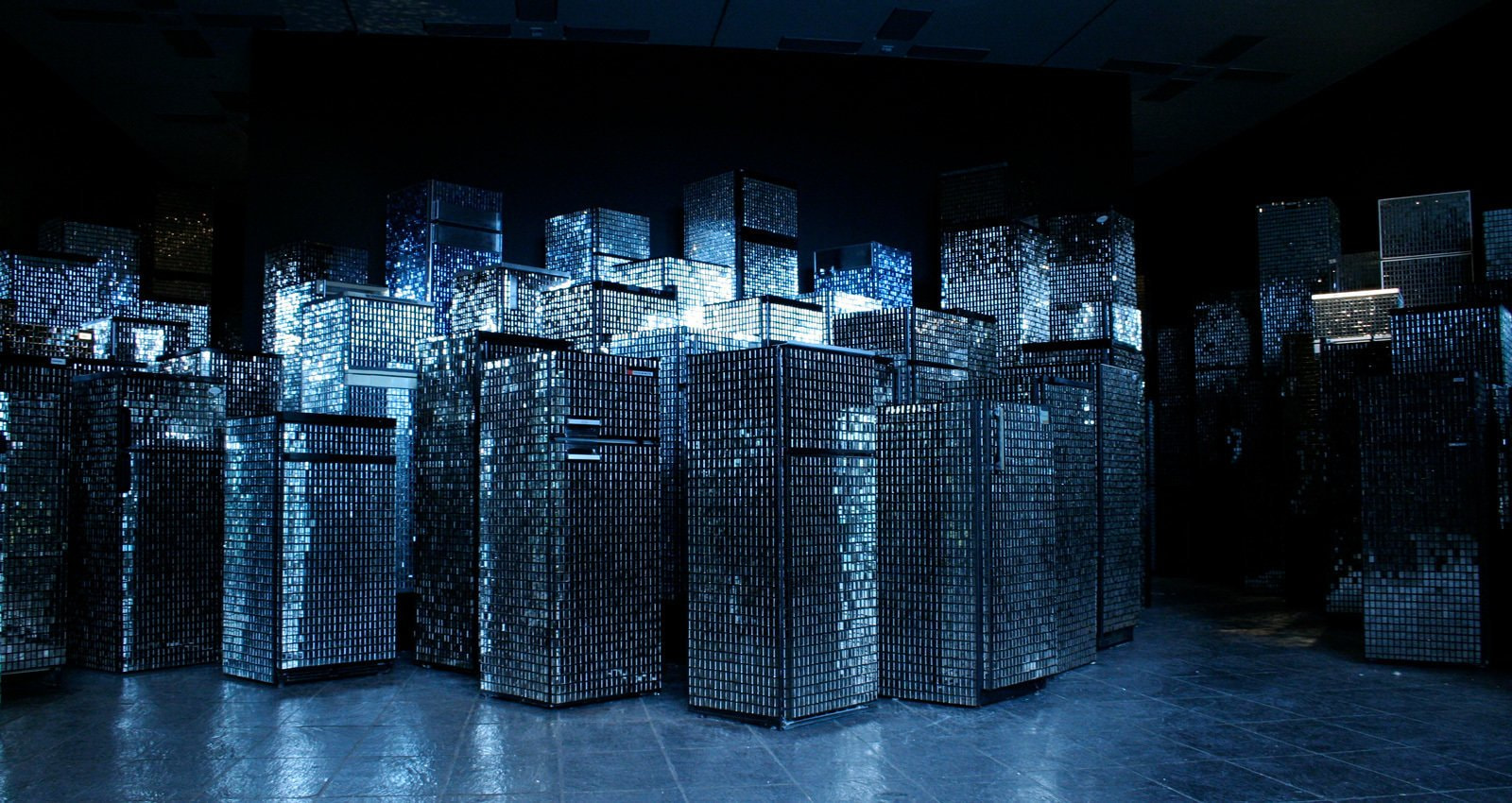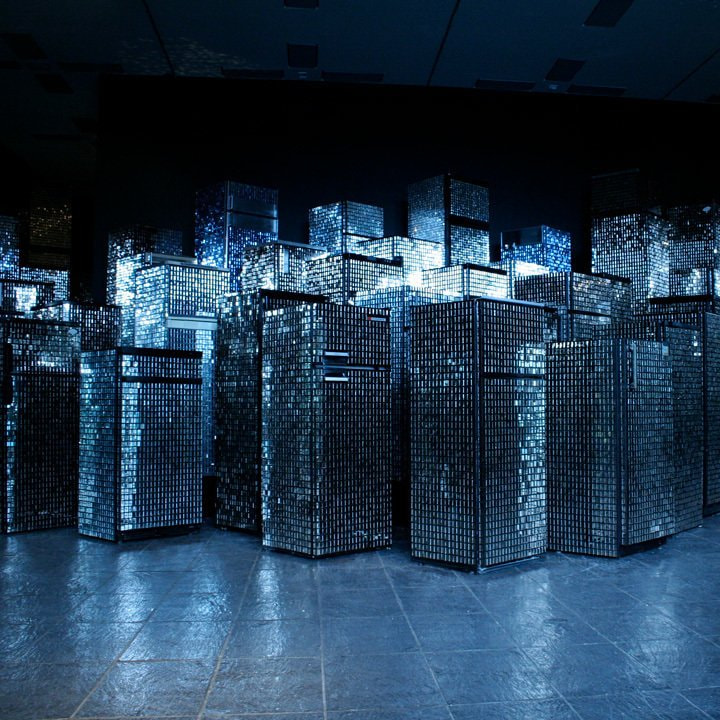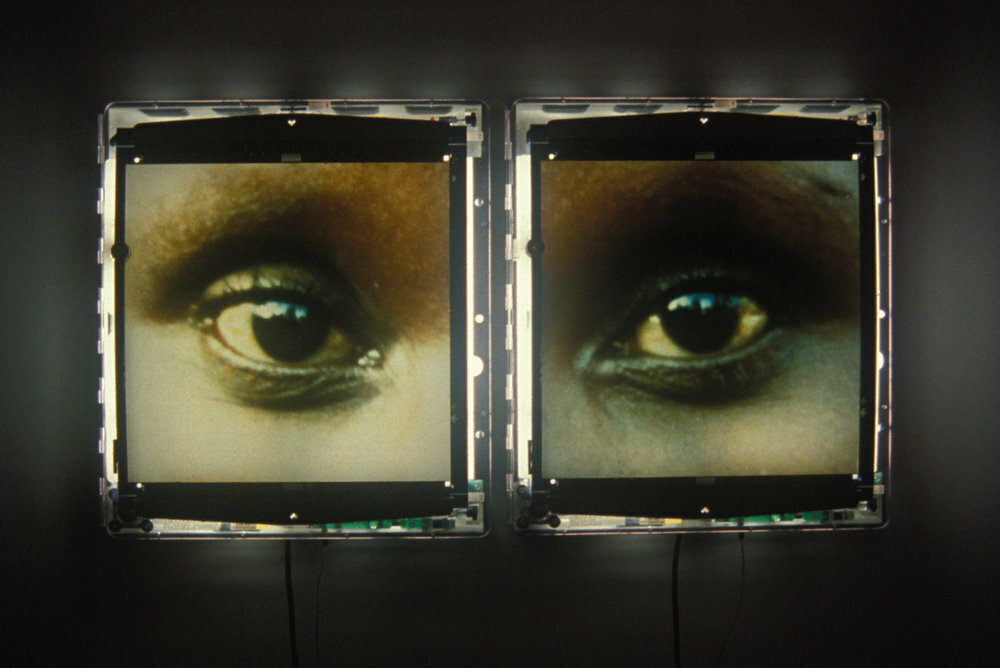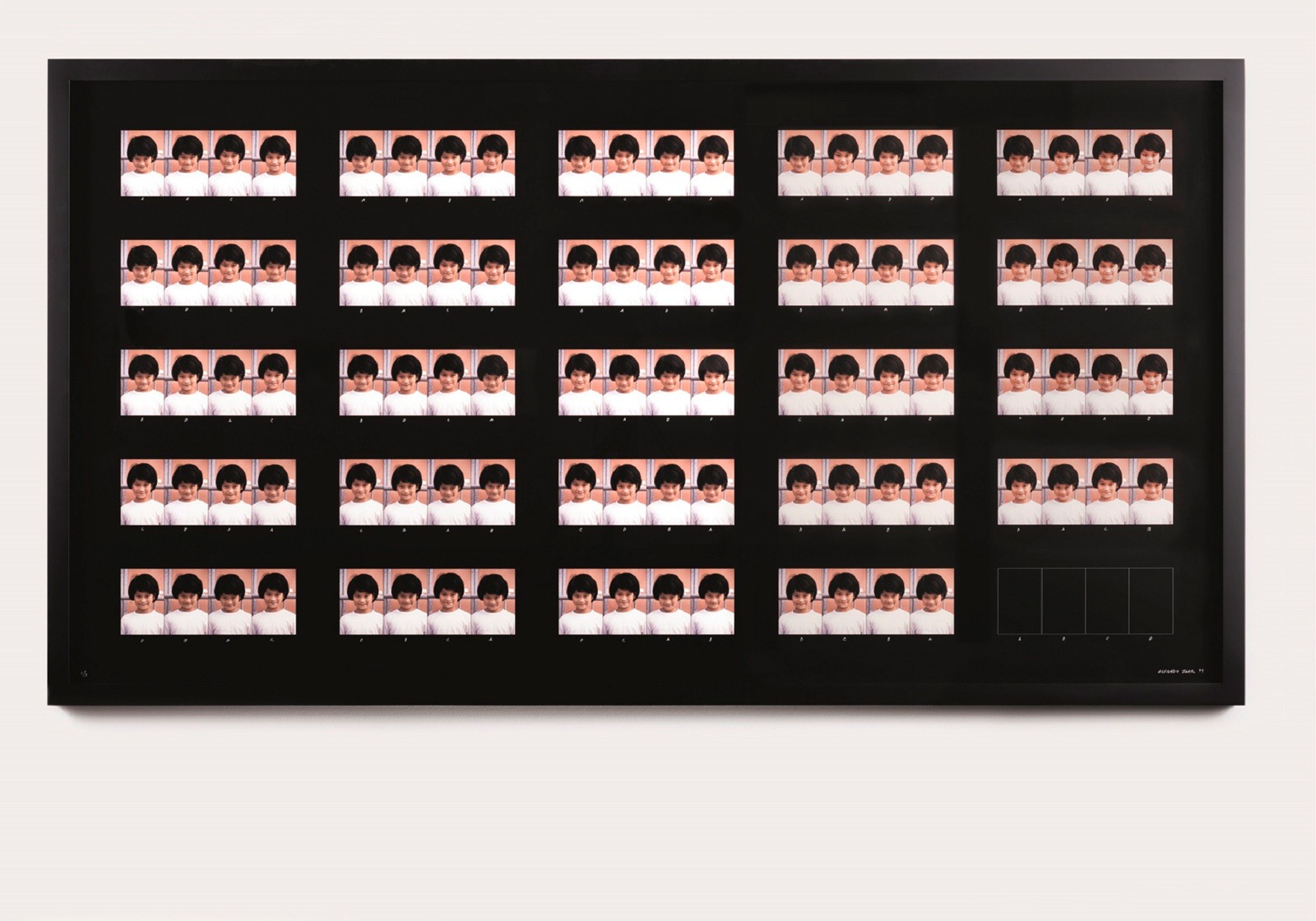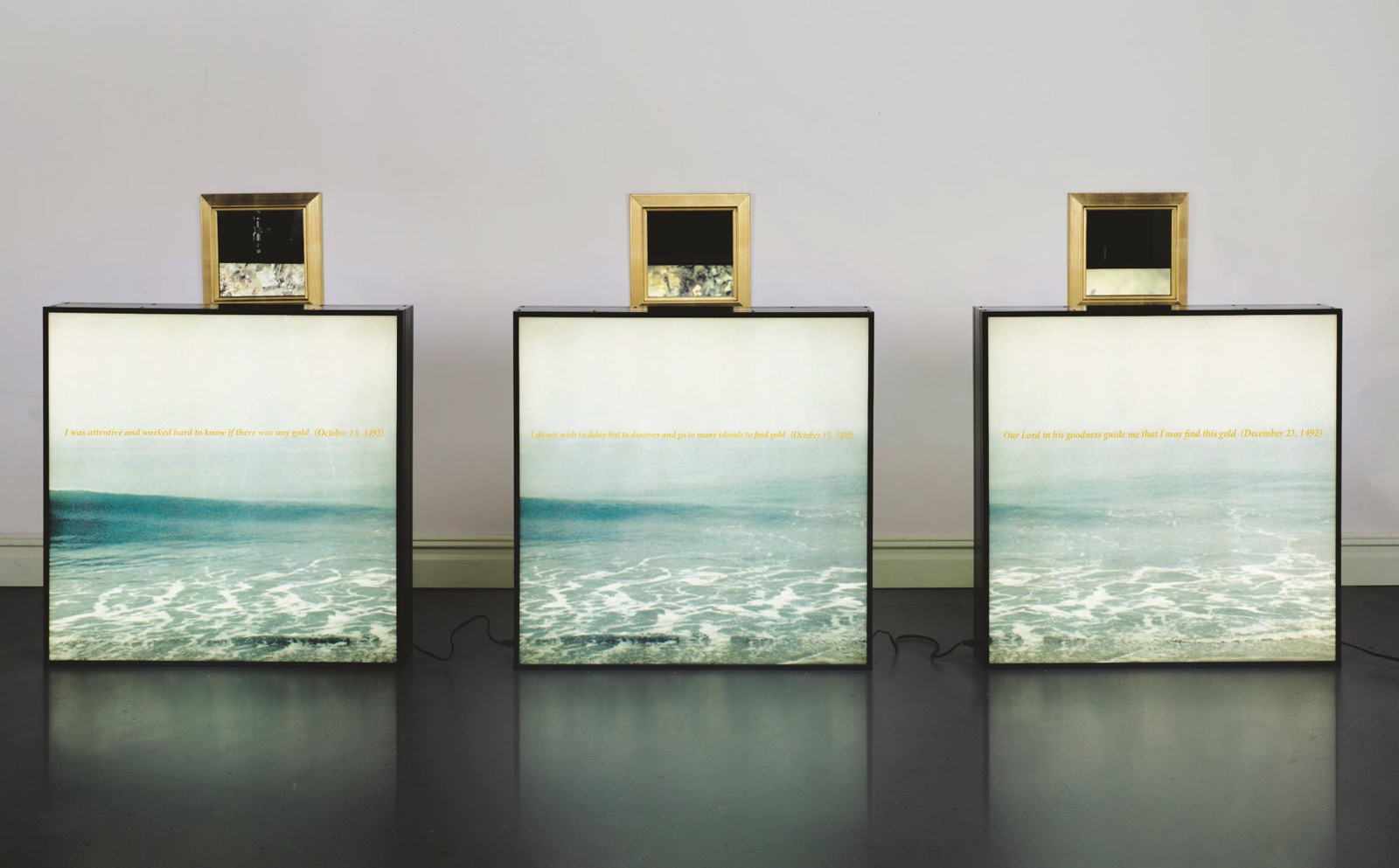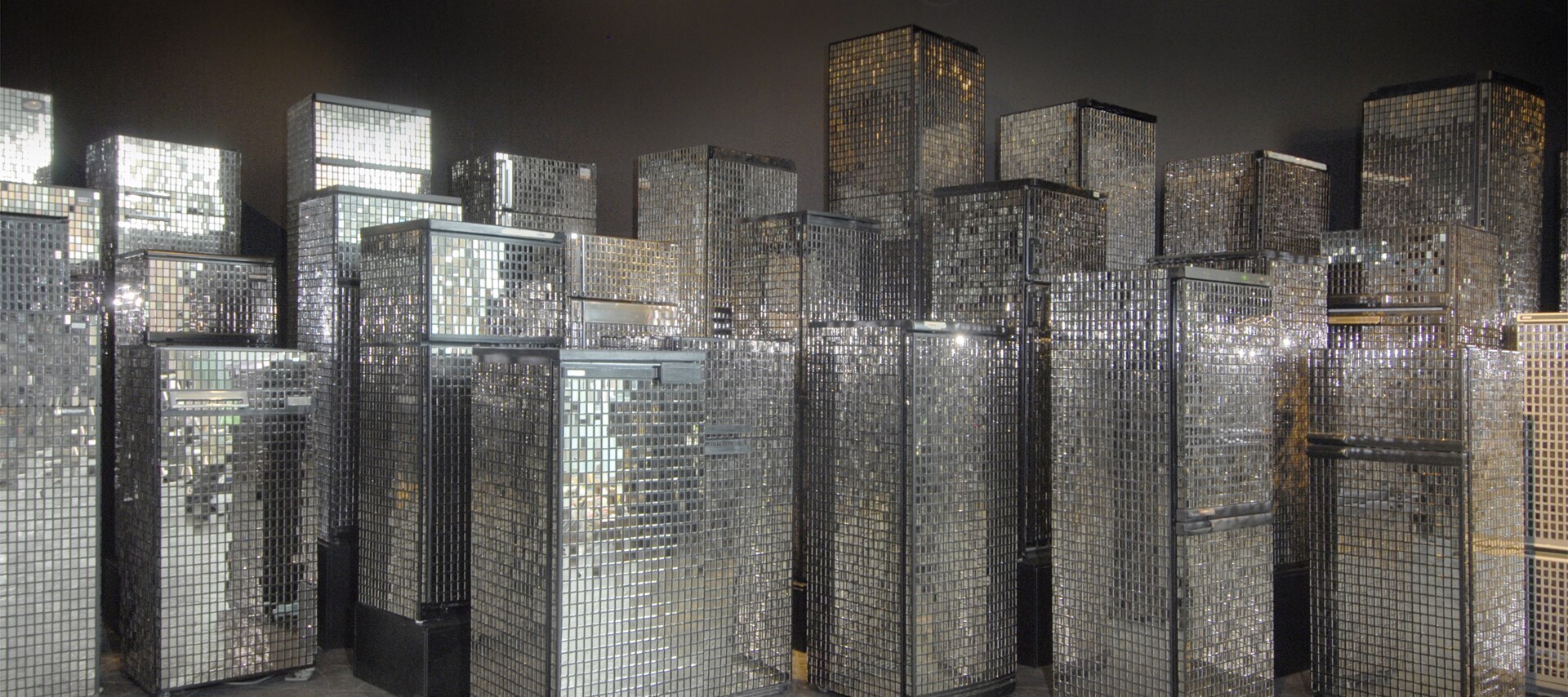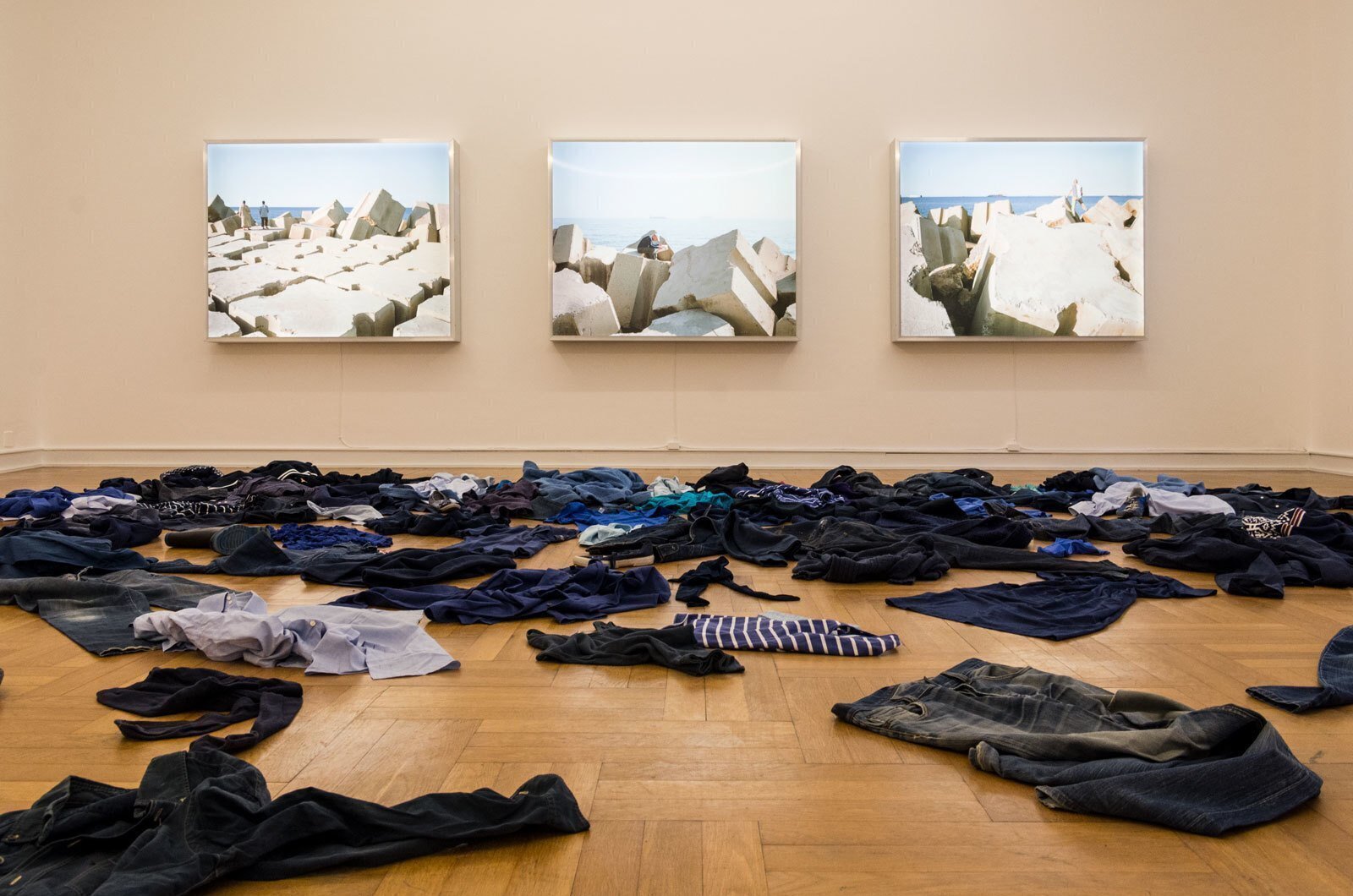Multiculturalism and wars in the postcolonial global world are the key issues raised by Irina Kulik in her last lecture of the season.
Chilean-born artist, architect, and filmmaker Alfredo Jaar (b. 1956) has been based in New York since 1982. By organizing public interventions and performances involving people, as well as using other mediums, he addresses a wide range of political subjects, in particular touching upon the theme of war and violence in the globalized world. One of his best-known works is Rwanda Project, a unique photo archive about the 1994 genocide in the country, collected by the artist over six years, but hidden from the viewer in black boxes. The limits of representation in visual art is another recurring topic in Jaar’s practice. He represented Chile at the 55th Venice Biennale in 2013. In 2014, a comprehensive survey covering almost five decades of his work shown at Kiasma Museum of Contemporary Art in Helsinki.
Kader Attia (b. 1970) is French artist whose practice is largely informed by his life in a number of countries and cities, including Paris, Algeria, Congo, Barcelona, South America, and, currently, Berlin. Using photographs, video, sculpture, and found objects, he creates complex installations on the themes of colonial history and its presence in contemporary life, the ethnic and cultural diversity of modern societies, and the conflicts such diversity can foreground. Attia also writes theoretical and critical books and articles on art and politics. He founded the space La Colonie, a platform in Paris for discussing subjects related to postcolonialism. He has participated in major group exhibitions and biennials, and in 2016 was awarded the prestigious Marcel Duchamp Prize.
